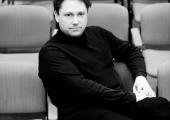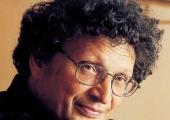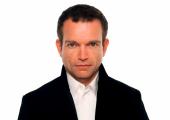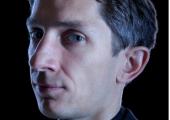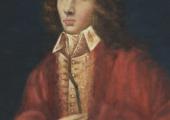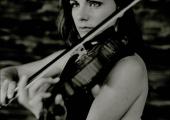Salvator Rosa: Bandits, Wilderness and Magic, Dulwich Picture Gallery
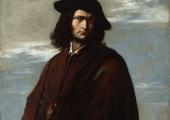
Survey of the flamboyant artist who became a cult figure in his own lifetime
Mount Vesuvius blew its top in 1631, spewing molten lava into the sea and filling the air with ash clouds that reached as far as Constantinople. The eruption and accompanying earthquakes killed 3,000 people and caused widespread devastation, all of which made a lasting impression on the 16–year-old Salvator Rosa. As an artist he was to specialise in darkly tempestuous landscapes filled with menace in which small figures are dwarfed by towering cliffs, or beset by bandits, while storm clouds gather over ruined buildings and blasted trees.

